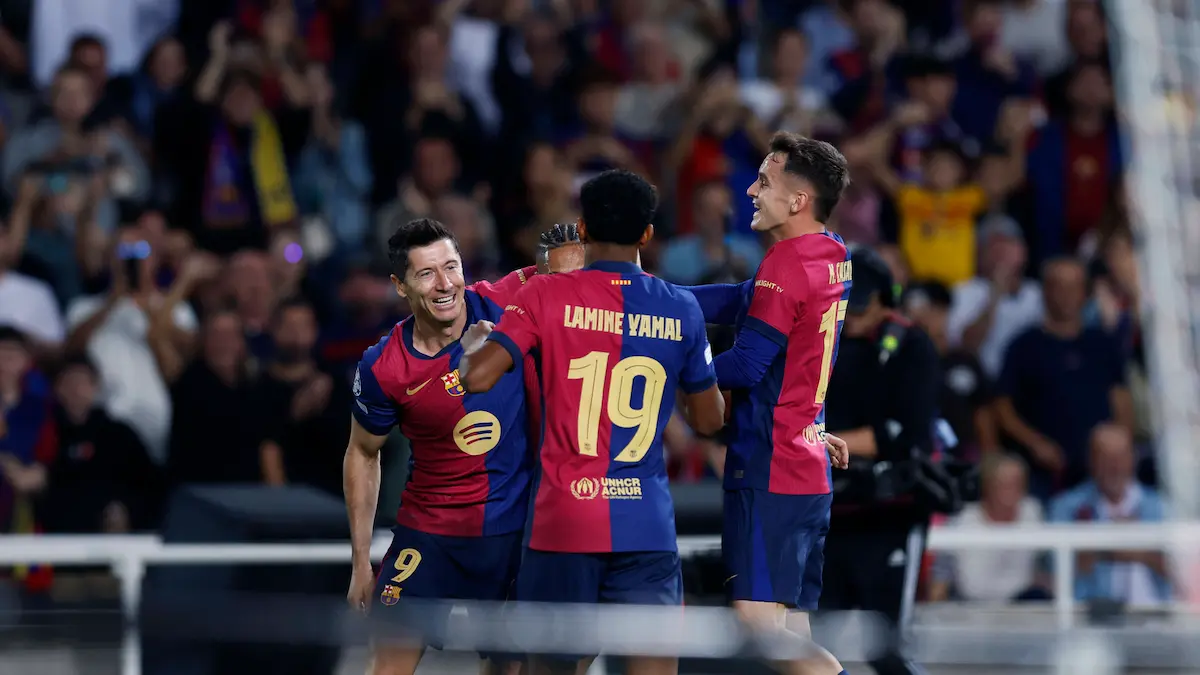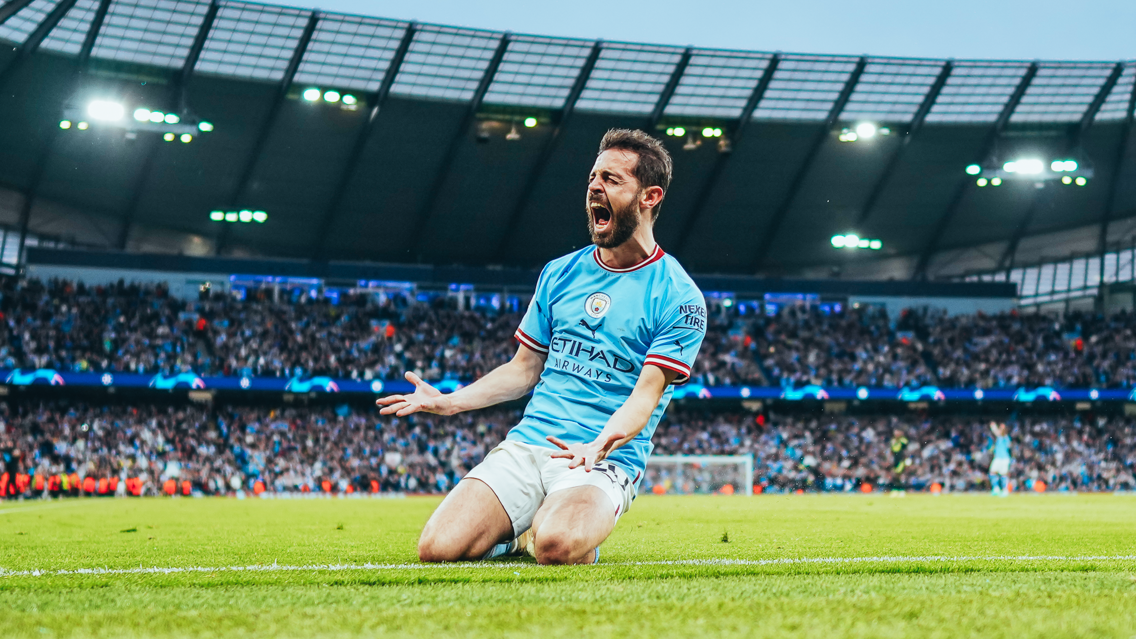
The Efficiency Kings: Unpacking UCL Player Minutes Per Goal Statistics
The UEFA Champions League, football’s premier club competition, is a crucible where legends are forged and reputations are solidified. While the roar of the crowd often celebrates the sheer volume of goals, a deeper, more analytical metric often delineates true offensive efficiency: minutes per goal (MPG). This statistic offers a nuanced perspective, revealing not just who scores the most, but who scores with the greatest frequency relative to their time on the pitch. It’s a testament to clinical finishing, optimal positioning, and the ability to seize opportunities in the most high-stakes environment.
Beyond the Raw Count: Why Minutes Per Goal Matters
At first glance, goal tallies seem definitive. Cristiano Ronaldo and Lionel Messi lead the all-time scoring charts by a significant margin, their numbers astronomical. However, raw goal counts can sometimes mask the true impact of a player who might feature less frequently dueor to squad rotation, injury, or a different role within the team. MPG levels the playing field, providing context by normalizing performance against playing time.
For instance, a player with 10 goals in 800 minutes has a better MPG (80 minutes per goal) than a player with 12 goals in 1500 minutes (125 minutes per goal). The former, despite fewer goals, demonstrates superior efficiency in front of goal. This metric becomes particularly insightful when evaluating impact substitutes, players returning from injury, or even comparing players from different eras or tactical systems where playing time might vary significantly. It highlights the ruthlessness and predatory instinct required to consistently convert chances at the elite level.
The Pantheon of Efficiency: UCL’s Most Lethal Finishers
When delving into the Champions League’s history through the lens of MPG, a few names consistently rise to the top, showcasing an almost supernatural ability to find the back of the net.
Robert Lewandowski: The Clinical Maestro
Perhaps no player in modern UCL history epitomizes goal-scoring efficiency more than Robert Lewandowski. Across his stints with Borussia Dortmund and Bayern Munich, Lewandowski has consistently maintained an astonishingly low minutes-per-goal ratio. His peak seasons, particularly the 2019-20 campaign where he scored 15 goals in just 857 minutes (averaging a goal every 57.1 minutes), are legendary. Lewandowski’s genius lies in his impeccable movement off the ball, his two-footed finishing, and his ability to convert half-chances into goals. He’s not just a poacher; he’s a complete striker who rarely wastes an opportunity, making him a true MPG king. His consistent high-level performance over many seasons solidifies his place as one of the most efficient goalscorers the competition has ever seen.
Erling Haaland: The Prodigious Phenomenon
Erling Haaland’s entry into the Champions League has been nothing short of explosive, setting records at an unprecedented pace. From his debut with RB Salzburg to his dominant displays with Borussia Dortmund and Manchester City, Haaland has demonstrated an almost frighteningly low MPG. In his debut UCL season, he scored 8 goals in 6 appearances (averaging a goal every 48 minutes). His initial Champions League career has seen him consistently score at a rate of well under a goal per game, often closer to a goal every 60-70 minutes, which is truly exceptional for a young player. His blend of raw power, blistering pace, and instinctive finishing makes him a nightmare for defenders and a guaranteed source of goals, pushing the boundaries of what’s considered elite efficiency.
Lionel Messi: The All-Encompassing Genius
While often celebrated for his dazzling dribbling, unparalleled vision, and playmaking abilities, Lionel Messi’s goal-scoring prowess is equally, if not more, remarkable. As one of the top two all-time UCL scorers, his MPG ratio, especially during his prime at Barcelona, was phenomenal. What makes Messi’s efficiency stand out is that he wasn’t just a finisher; he was often the creator of the chances he scored. His ability to conjure goals from seemingly impossible situations, whether through individual brilliance, precise free-kicks, or clinical finishes after intricate build-up play, means his MPG is a reflection of both his scoring and creative genius. His longevity at the top, maintaining such high standards over nearly two decades, further cements his status as an MPG elite.
Cristiano Ronaldo: The Evolving Predator
Cristiano Ronaldo’s journey in the Champions League is a story of evolution, from a dazzling winger at Manchester United to a prolific, penalty-box predator at Real Madrid and Juventus. His transition saw his MPG ratio consistently improve, particularly during his peak years at Real Madrid where he became the competition’s all-time leading scorer. Ronaldo’s knack for being in the right place at the right time, combined with his aerial prowess, powerful shooting, and exceptional penalty-taking, made him incredibly efficient. His ability to score crucial goals in knockout stages further highlights his effectiveness when it mattered most, often maintaining an MPG that placed him among the very best for over a decade.
Other Notable Mentions
Beyond these titans, other players have also showcased remarkable efficiency:
- Ruud van Nistelrooy: A classic number nine, Van Nistelrooy consistently boasted an incredible MPG during his time at Manchester United, a testament to his pure goal-poaching ability.
- Kylian Mbappé: The French sensation, with his blistering pace and clinical finishing, has rapidly ascended the scoring charts with a very impressive MPG, suggesting he’s set to join the elite group for years to come.
- Filippo Inzaghi: "Pippo" was the epitome of a fox-in-the-box, rarely involved in build-up play but almost always in the right place to tap in or slot home. His MPG was incredibly low, despite his limited overall touches.
Factors Influencing Minutes Per Goal
Several factors contribute to a player’s MPG ratio:
- Team Quality and Style: Playing for a dominant team that creates numerous chances naturally boosts a striker’s MPG. Teams with an attacking philosophy, like Pep Guardiola’s Manchester City or prime Barcelona, will provide more opportunities for their forwards.
- Player Role: A dedicated centre-forward whose primary role is to score goals will typically have a lower MPG than an attacking midfielder or winger who also contributes to defensive duties or playmaking.
- Conversion Rate: This is the most direct factor. A player who can consistently convert a high percentage of their shots on target will naturally have a better MPG.
- Penalty Duties: Players who are designated penalty takers will often see their MPG slightly improved, as penalties represent high-probability scoring chances.
- Fitness and Consistency: Players who are consistently fit and can maintain their form over a full season will have more opportunities to score and maintain a low MPG. Injuries can disrupt rhythm and impact efficiency.
- Opponent Strength: While often averaged out over a full campaign, facing weaker opposition in group stages can sometimes inflate MPG figures compared to the tougher knockout rounds.
Limitations and Nuances of MPG
While invaluable, the minutes per goal statistic is not without its limitations and should always be considered within a broader context:
- Beyond Goals: MPG solely focuses on goal-scoring. It doesn’t account for assists, defensive contributions, build-up play, pressing, or overall influence on a game. A player might have a higher MPG but contribute immensely in other areas, like creating space for teammates or holding up the ball.
- Quality of Goals: All goals count equally in MPG, whether it’s a tap-in from a yard or a 30-yard screamer in a final. The metric doesn’t differentiate between the difficulty or importance of goals.
- Sample Size: For players with limited UCL appearances, a couple of quick goals can drastically skew their MPG, making them appear more efficient than they are over a longer career.
- Tactical Shifts: A player’s MPG might change if their role within the team evolves or if the team’s tactical approach changes over time.
The Evolution of Goalscoring and Future Trends
The advent of advanced data analytics has made MPG a more accessible and widely discussed metric. Clubs now use such statistics to identify talent, evaluate performance, and even inform tactical decisions. As football continues to evolve, with increasingly fluid formations and hybrid roles, the concept of a "pure" striker might become rarer. We might see more attacking midfielders or wide forwards boasting impressive MPG figures, reflecting the trend towards more versatile attackers who can both create and finish.
The Champions League remains the ultimate stage for showcasing goal-scoring prowess. While the overall goal tallies will always hold a revered place in history, the minutes per goal statistic offers a more refined lens, cutting through the noise to highlight the true efficiency of a player. It celebrates not just the volume of goals, but the precision, the instinct, and the ruthless clinicality that define the UCL’s most lethal attackers. As the competition continues to produce new stars, the pursuit of the lowest possible MPG will remain a silent, yet profound, measure of their greatness.



